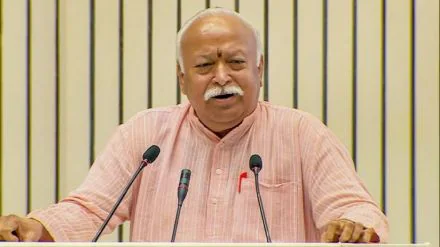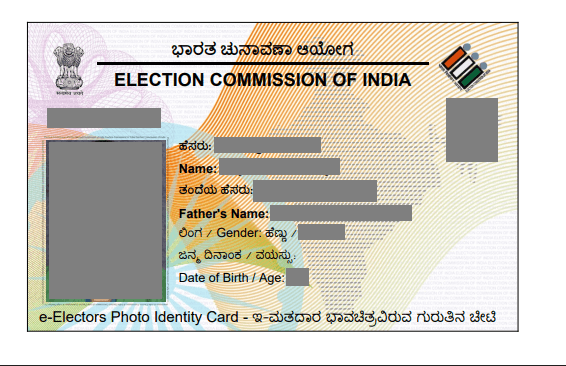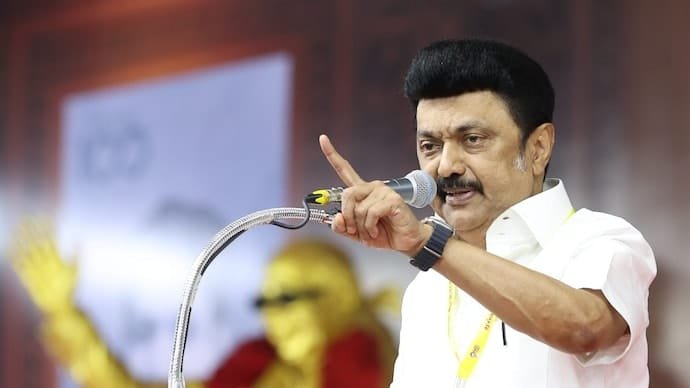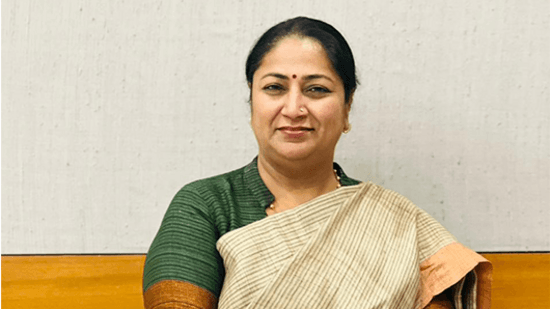Mohan Bhagwat, the chief of Rashtriya Swayamsevak Sangh (RSS), recently sparked widespread debate with his remarks suggesting a “three-child policy” for Hindu families. The statement, made during a gathering of RSS members, was positioned as a response to concerns about declining birth rates within certain communities. It has reignited conversations about India’s population policies and their intersection with social and cultural narratives.
The Context Behind Bhagwat’s Proposal
India, the most populous country globally, has long grappled with managing its population growth. Bhagwat’s remarks stem from the perception that declining birth rates among Hindu families might create long-term demographic imbalances. He proposed that Hindu families should consider having at least three children, suggesting this as a way to preserve cultural and societal equilibrium. While Bhagwat framed this as a community-specific recommendation, his comments touched on broader concerns about India’s demographic future.
Population Control vs. Cultural Concerns
Bhagwat’s suggestion arrives amidst India’s successful strides in stabilizing population growth. Recent government policies and societal shifts have emphasized smaller families to alleviate pressure on resources and improve living standards. In this context, Bhagwat’s remarks seemed to challenge the established narrative of family planning.
The RSS leader underscored that his comments were not intended to undermine population control efforts but to provoke thought about demographic trends. He argued that a balanced approach, which factors in cultural and societal dynamics, is crucial for ensuring India’s future stability. However, this perspective has drawn polarized reactions.
Reactions and Criticism
The proposal met immediate criticism from opposition parties, social activists, and policy experts. Critics labeled the idea divisive, arguing that it could exacerbate communal tensions by singling out specific communities. Population experts also warned that encouraging larger families could reverse progress in areas like education, health care, and poverty alleviation.
Moreover, critics pointed out that promoting such ideas without considering the environmental and economic repercussions could have far-reaching consequences. India’s growing challenges, including resource scarcity and urban overcrowding, necessitate continued focus on sustainable population control measures.
Clarification Amid Backlash
Facing a surge of backlash, Bhagwat later clarified his remarks, emphasizing that they were meant to encourage dialogue rather than impose prescriptive measures. He reiterated the RSS’s belief in societal balance and the importance of every community contributing responsibly to population discussions. According to Bhagwat, his comments were intended to reflect demographic realities rather than provoke controversy.
Broader Implications of the Debate
This episode highlights the complex interplay between population policies and India’s socio-political landscape. While population stabilization remains a critical goal for the country, conversations about demographic imbalances often intersect with sensitive cultural and religious sentiments.
Policy analysts have emphasized the importance of framing these discussions within a larger, inclusive narrative. They argue that addressing India’s population challenges requires fostering unity rather than division. A well-rounded approach, balancing economic, environmental, and cultural considerations, is essential for crafting effective policies.
Mohan Bhagwat’s three-child proposal has brought India’s population dynamics into sharp focus, revealing the delicate balance between cultural preservation and policy imperatives. While his remarks have sparked necessary conversations about demographic trends, they also underline the risks of framing such issues in ways that could deepen communal divides.
India’s future success in managing its population will depend on inclusive, sustainable approaches that address the needs and aspirations of all its communities. Bhagwat’s remarks, while controversial, serve as a reminder of the importance of thoughtful and balanced dialogue in addressing these critical issues












